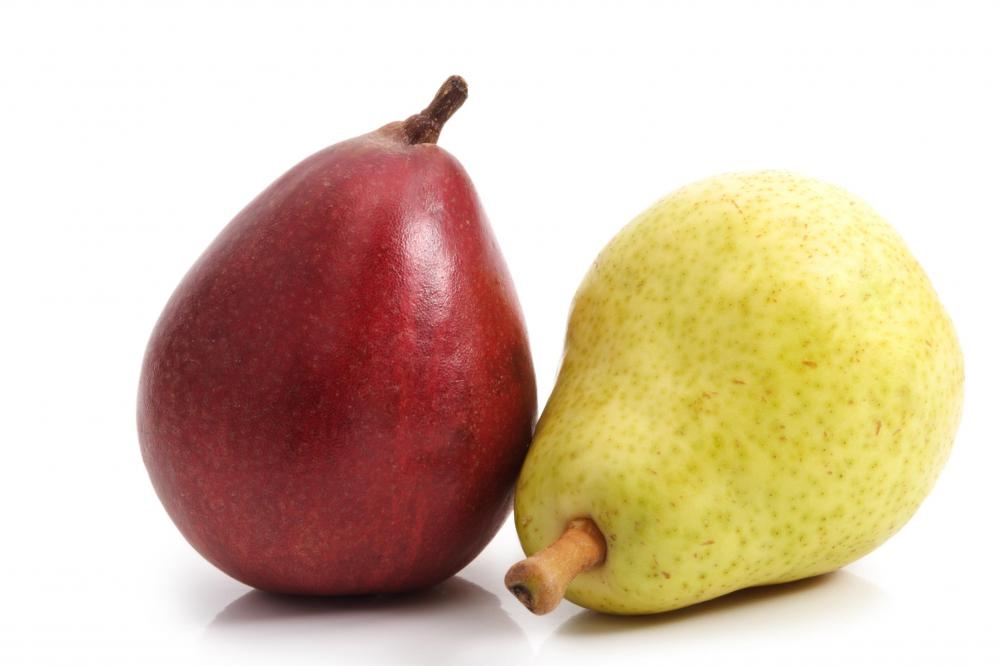At AllThingsNature, we're committed to delivering accurate, trustworthy information. Our expert-authored content is rigorously fact-checked and sourced from credible authorities. Discover how we uphold the highest standards in providing you with reliable knowledge.
How do I Care for a Pionus Parrot?
The Pionus parrot, or Red-Vented parrot, is generally considered a good parrot to have for a pet. There are a number of species of Pionus parrot, but all typically require the same type of care. Pionus parrots need a balanced diet, and should be groomed and bathed regularly. Pionus parrots are generally active birds, so housing should offer them plenty of space. Owners of Pionus parrots are typically advised to keep their birds well socialized and well entertained.
The species may include the Blue-Headed Pionus, the Dusky Pionus, the Bronze-winged Pionus, and the White-capped Pionus. Other species may include the Red-billed Pionus, the White-headed Pionus, the Scaly-headed Pionus, and the Plum-crowned Pionus. These species are often further divided into several sub-species. They live for an average of 25 years, and are typically mature at the age of three years.
Pionus parrots require a diet rich in vitamins and phytonutrients, and low in fat. In the wild, these birds dwell in the tropical and sub-tropical forests of Central and South America. Wild Pionus parrots usually feed on berries and fruits.

Pionus parrots may be fed a seed-based diet, with added calcium, vitamins, and phytonutrients. They may be fed a formulated parrot diet. These typically meet most of the needs of the Pionus parrot. Even when fed a formulated diet, however, Pionus parrots may still need to eat supplemental fruits such as grapes, mangoes, strawberries, and pears. These supplemental fruits can provide the phytonutrients that Pionus parrots need, as well as offering some variety to keep the birds interested in their meals.
Offering your Pionus parrot a concrete perch can help to keep its talons from becoming too long. Trim the parrot's wings to keep it from flying too far. Offer a lava block, or other beak grooming tool, so that your bird can groom its own beak.

Pionus parrots generally require a cage size of 39 to 59 inches (100 to 150 cm) in height. Floor space should ideally amount to at least 23 by 39 inches (60 x 100 cm). The cage bars should usually be spaced at about three-quarters of an inch (1.9 cm). Acrylic cages are often recommended.
These birds are considered active and social animals. Suitable toys for the Pionus parrot can include bells, parrot swings, ropes, and chains. Pionus parrots may become overweight and depressed without an appropriate amount of exercise and socialization.
With constant handling, most Pionus parrots can be tamed. Parrots should typically be handled and trained in sessions no longer than 20 minutes. Birds should usually be allowed to rest for at least one hour between handling sessions. Handling your Pionus parrot regularly can help to make it a better pet, and can give it the social contact that these birds so often require.
Frequently Asked Questions
What is the ideal diet for a Pionus parrot?
A Pionus parrot thrives on a varied diet that includes high-quality pellets, fresh fruits, and vegetables. According to avian veterinarians, pellets should make up about 70-80% of their diet, with the remainder being fresh produce. Avoid avocado and chocolate, as these are toxic to birds. Regularly provide clean water for drinking and bathing.
How much social interaction does a Pionus parrot need?
Pionus parrots are known for their affectionate yet independent nature. They require daily interaction with their human companions to maintain their social well-being. Experts recommend spending at least an hour each day engaging with your Pionus through play, training, or simply talking to them to foster a strong bond and prevent behavioral issues.
What type of cage and environment is best for a Pionus parrot?
The ideal cage for a Pionus parrot is spacious, allowing for flight and movement, with dimensions of at least 24x24x30 inches. The cage should be equipped with perches of varying diameters to promote foot health and toys for mental stimulation. Place the cage in a quiet, well-lit area away from drafts and extreme temperatures to ensure comfort and safety.
How can I maintain my Pionus parrot's health?
Regular veterinary check-ups are crucial for maintaining your Pionus parrot's health. A balanced diet, clean living environment, and mental stimulation are also essential. Watch for signs of illness, such as changes in behavior, appetite, or droppings. According to the Association of Avian Veterinarians, annual health exams are recommended for early detection of potential health issues.
What are the exercise needs of a Pionus parrot?
Pionus parrots require daily exercise to maintain physical health and prevent obesity. Ensure they have ample out-of-cage time in a safe, bird-proofed area to explore and fly. Interactive toys and foraging activities can also provide necessary mental and physical stimulation, as recommended by avian care specialists.
How do I groom my Pionus parrot properly?
Grooming a Pionus parrot involves regular nail trims to prevent overgrowth, which can be done by a vet or an experienced owner. They also enjoy bathing, which can be facilitated by providing a shallow water dish or misting them with water. Feathers should be allowed to molt naturally, and wing clipping should be considered carefully, as it can affect their ability to fly and exercise.
AS FEATURED ON:
AS FEATURED ON:












Discuss this Article
Post your comments